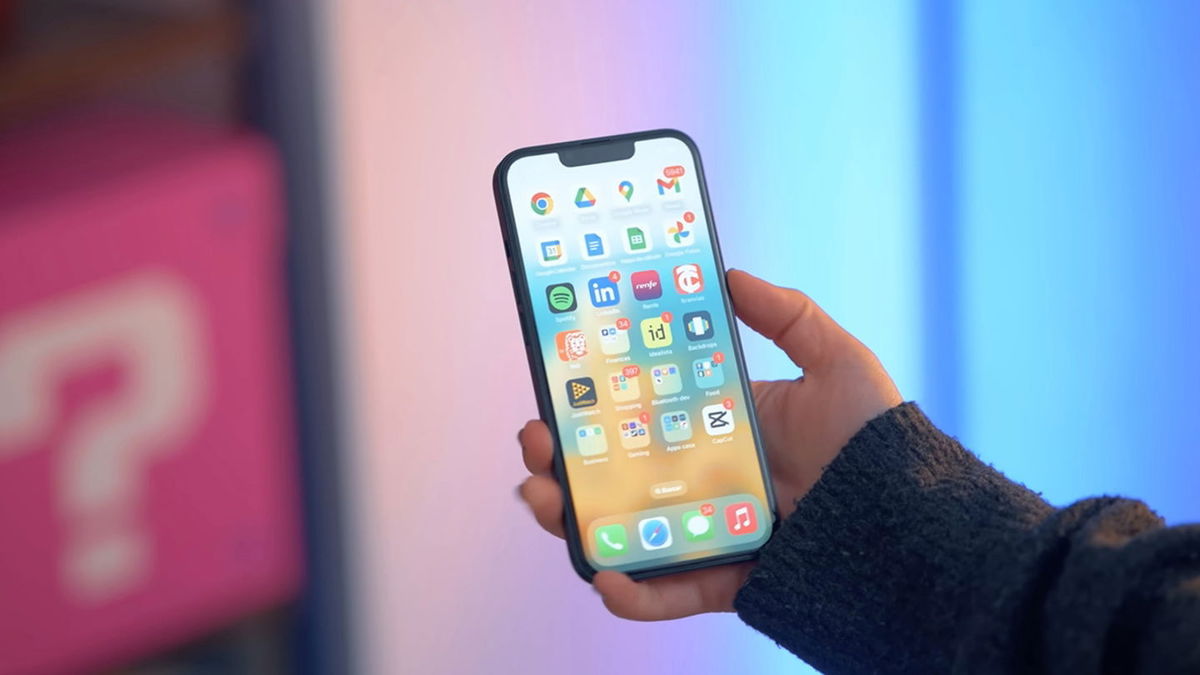In some Japanese coffee shops They begin to install capsules for standing sleep. You pay the equivalent 5 euro and you can get through 20 minutes I sleep in the cubicle just long enough for the coffee to take effect. You might think that this is a very bad idea and that the marketing managers of the company that installs them should be fired. But, although in the rest of the world they would not make sense, in Japan they are more than necessary.
This is because these capsules make it easier inemuri, a Japanese habit that consists of just that. When you take a short nap while sitting or standing on the subway, in the cafeteria, or even at a work meeting or in a school class. This is not condemned, on the contrary, because it means that you did not get enough sleep the night before due to busy work day.
Japanese values work very well. For them, sleep is a waste of time, so they rest just enough to stay alive. It is estimated that they sleep an average of 7.22 hours a day, although many barely exceed 6. This is the lowest figure ever measured in countries Organization for Economic Development and Cooperation (OECD), where the average is 8 hours 24 minutes. But interestingly, Japan is also often ranked among the countries with the highest life expectancy. How do they manage to achieve this balance, given how essential rest is for health?
Sleep standing as a desperate decision
Often talk a lot about melatonin as a substance that induces our sleep. It is true that this hormone, which is released in the dark, helps us sleep, but it is not the only substance that performs this function. There are others, such as a neurotransmitter called adenosinethat evoke famous feeling sleepy what we feel at night, before going to bed, and in the morning, if we have not rested properly.
It is adenosine that is responsible for keeping us awake because caffeine competes for the same receptors. If coffee joins them, it prevents adenosine from doing its job and we will be less sleepy.
This is an artificial way to deal with adenosine. The natural thing is to just sleep. This neurotransmitter is degraded while we sleep. So if we don’t get enough sleep, the next day we will be very sleepy
That’s what’s happening with the Japanese. The less they sleep, the more sleepy they become, so they have to resort to sleeping standing or sitting. everyday situations.
In fact, Inemuri means “to be present during sleep” because that is its function. Rest a little, but without falling into REM sleepa much deeper sleep in which much of our surroundings lose consciousness.
better accompany
Something curious about inemuri It’s just that the Japanese seem to relax by taking a nap surrounded by strangers. In fact, during 2011 tsunamithere were many who, after evacuation and spending the night in overcrowded pavilions, assured that this helped them to have a better rest.
This is what is observed in this country even in infants and small children. While there is some disagreement in the West about need for co-sleepingIt is unanimously recommended in Japan as it teaches children not to need absolute solitude in order to fall asleep.
What are the capsules for? inemuri?
Japanese Inemuri capsules located in Coffee houses Nescafe, deliberately developed by Giraffenap. The name is not accidental, because giraffes are one of those animals that sleep standing up.
But with these capsules, they sleep somewhat more comfortably than giraffes. They are placed pads for knees, chest, feet and buttocksso that you can maintain an upright position, but rest. Then, as soon as the coffee takes effect, the Japanese will be ready to continue their busy day.
Isn’t it bad to sleep so little?
Sleep deprivation is dangerous on many levels. Cardiovascular health, immune system, metabolism suffer, mood worsens.
In fact, Japan has its own term for dying from too much work: karoshi.
Too much work, coupled with an extreme lack of sleep, certainly affects the health of the Japanese. The point is that they make up for it with a good healthcare system, a very healthy diet, and a leisure schedule that usually doesn’t include bad habits.
All this, coupled with genetics, even compensates for his lack of sleep. But in the West we are not so lucky. That’s why we would never take a nap standing up here. Not only because they consider it blasphemy, but also because it might be a sign that we had very little sleep last night. And this is clearly not convenient for us.
Source: Hiper Textual













